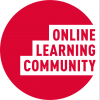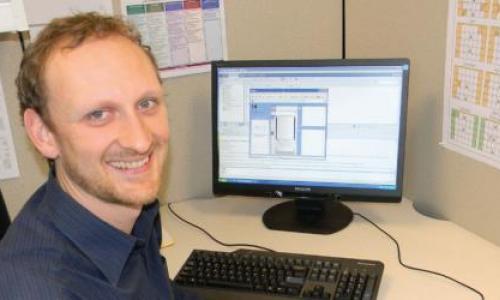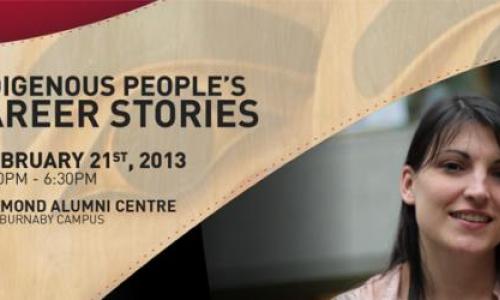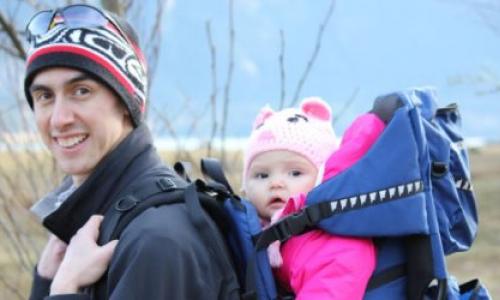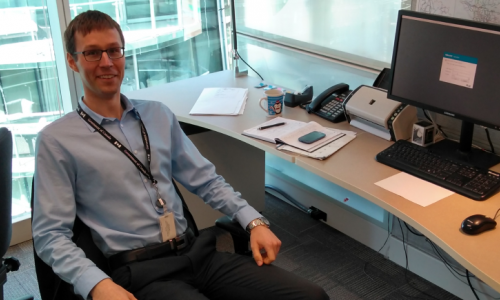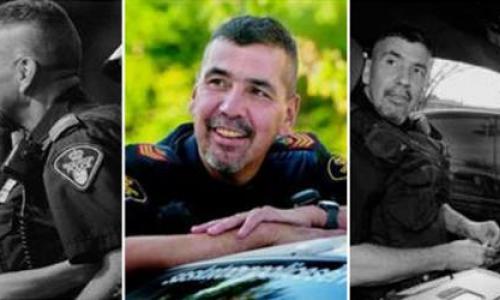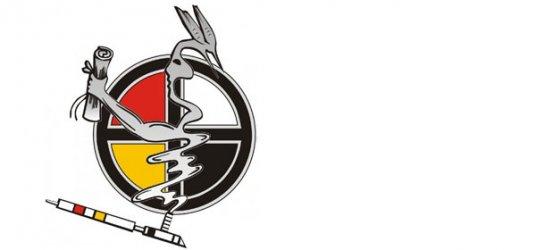
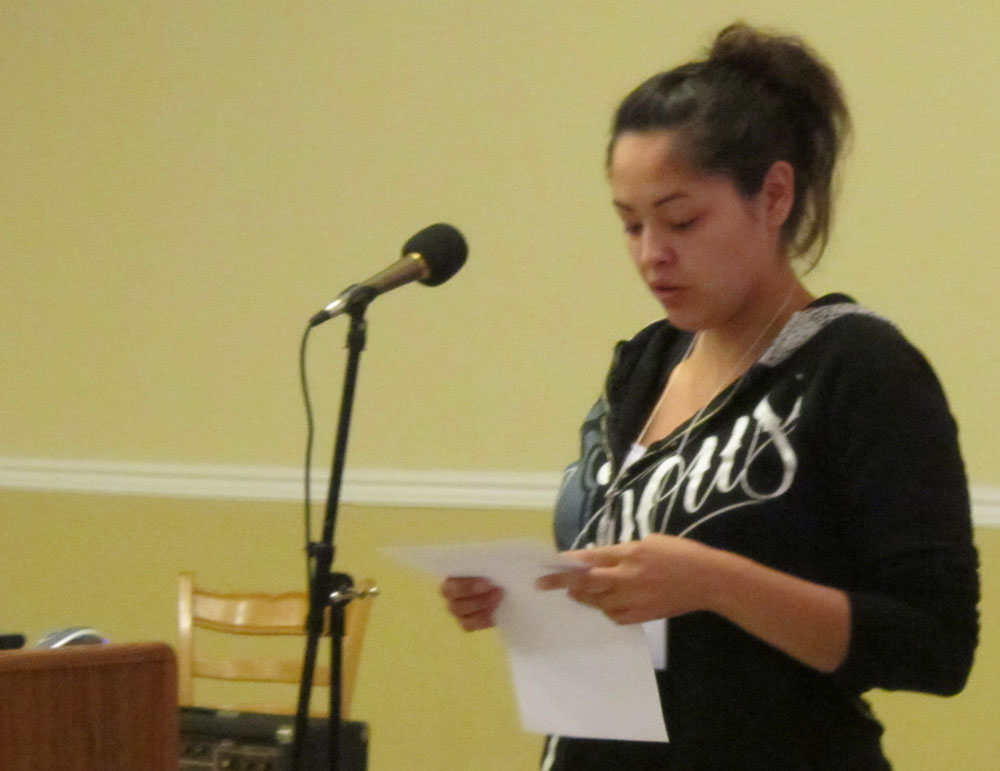
The Cariboo Chilcotin Aboriginal Training Employment Center (CCATEC) is a nonprofit society, training unemployed First Nations for employment, First Nations, living in the Cariboo Chilcotin.
CCATEC trains unemployed First Nations for employment, based on the local labour market. We welcome all employers to contact us when hiring and recruiting First Nation employees.
CCATEC is the signer of one of the Aboriginal Skills Employment Training Strategy (ASETS) with Human Resource Development Canada. Any of the BC ASETS offices may assist you with hiring First Nation people or assist with training First Nations for employment
Who benefits from the program?
Employers will gain well trained First Nations employees.
First Nations will obtain employment to become self-sufficient, reducing social assistance dependency.
Are there any accomplishments you would like to highlight?
CCATEC designs and delivers labour market programs, assisting all First Nations with employment.
We are accountable and transparent with 370 seasonal, part time and/or full time jobs in 2011/12.
Heather Laurent-Nazko First Nation:
“My name is Heather Laurent and I had the opportunity to participate in the HEO (Heavy Equipment Operator) Training. Thanks to CCATEC for sponsoring the course and to the Nazko First Nation for making it happen. Last but not least thanks to Claude Paquett from Clan Logging for personally training us.
The first week and half of the training we covered a lot of Safety Procedures in class, safety protocol & machine maintenance such as emergency evacuation procedures, daily checks and lockout procedures.
We also learned how to read a logging block map….Which we were very surprised to know that there were a lot of things we didn’t know, through-out the day we did learn the correct way of reading the map.
After we had gone through all the Safety Procedures and paper we got to go out and get hands on learning experience.
The hands on experience were intense. Each of us girls was put to the test each day from there on. There was no time for mistakes so we had check and double check that everything was in correct order.
Through-out this training I was faced with a lot of negative remarks along with a lot of obstacles. A lot of which I found came from my own community and family members. People said that would not complete this course, or I would quit half way through the training and the one comment that upset me was that “ Women do not belong in the bush operating big machinery” and “that we are not strong enough to do what men do”. With all that been said I made it my goal to prove them wrong.
Through-out this training I was faced with making choices. For one I had to be in Quesnel 5 days a week which meant 5 days away from my daughters. Now for some people that would have been a break, but for me it was not easy. I was constantly phoning home whenever I got the chance checking up on my kids makings sure that everything was okay. My instructor could see that I was not focused on the training and the daily routines so he pulled me away from the group and had talked with me one on one. What he said through-out the conversation opened my eyes about his family struggles and sacrifices. One thing that he said to me was “Do this for your children so that one day you could land a better paying job so that I could provide for my children he also said that he could see that I was very happy and consistent at what we were doing”. He believed in me that I could complete this course. Each day he was there pushing me and pushing me, supporting me every step of the way. He always gave me feed-back. It was up to me to decide whether it was positive or negative, he always pointed out what I was doing and gave me input on what I should be doing the next time around. He never once made us or myself feel that we were not doing a good job. He always found a way to make us feel that we belonged.
Taking this training it was not easy, but it was a learning experience that I would recommend to any other women who is interested in the Forest Industry. There is no goal or dream to big or too small... if you get opportunities take it. In the end it will be worth it.
I’ve learned that it does not matter what gender you are man or women everyone is capable to do whatever they want if they set their mind to it…
Thank you CCATEC.”
Lucy Dick – CCATEC Community Development Worker(staff)
"CCATEC has a reputation for providing quality service to the First Nation communities within the Cariboo Chilcotin Region. I wanted to be a part of a team that offers clients the opportunity to become self-sufficient and independent.
Working at CCATEC has several benefits but the biggest benefit is walking down the street and meeting a client that was assisted a year ago with some financial funding and the client shaking your hand thanking you and CCATEC for providing the opportunity to go through training and getting and maintaining employment.
When the opportunity arose to work for my own community as the CCATEC sponsored program for Employment Coordinator it was fate that I received the job as I only heard about it the day before the deadline, so after applying and going through the interviews the next day I received a call that I was the successful candidate and was awarded the job it was shocking. I wasn’t sure if I would be capable of doing this job as my previous jobs consisted of secretarial and administration assistant, but as usual I put my best foot forward and started my journey in the Employment Counseling sector and found that I enjoyed this career as I always have had the personality of helping others out who were in need of assistance, so it was my second nature to just help out.
With the assistance of the CCATEC staff I received hands on training on how to handle clients and how to apply for funding, to provide quality training programs within the community. After approximately 5 years I began to receive several comments that I was a quality worker but yet in my own mind, I was not yet extended to my full potential.
Heard through the grapevine just as in most First Nation communities I was informed that CCATEC may be looking for a CDW (Community Development Worker) for a one year contract it was suggested that I should apply. With a lot of deliberation and wondering I decided yeah okay, but as usual I was up against very tough competition seeing as how this was my first job from the community, it was a week of agonizing doubting myself maybe I should have answered this question this way or that way, then the phone rang and at the end of the line with great news was the Executive Director of CCATEC. She asked if I was still interested in the CDW position and of course my response was yes and the start date was set and I began my one year contract. The year flew by and the team was excellent in assisting me to better understand the policies and procedures of CCATEC and this is definitely the TEAM that I enjoyed working with as they conduct themselves in a very professional manner and are very important within the communities to provide the funding to assist with the community capacity for quality training programs.
So of course when the opportunity for another one year contract came up and I received a call and was asked if I was interested in working for CCATEC the response was yes and this is how I became part of the team at CCATEC assisting First Nation clients in the Cariboo Chilcotin Region to reach their full potential and become independent and this is the greatest benefit of working with such a team."
Advice They Have for Indigenous Graduates
The only advice I can give is to include your ASET (Aboriginal Skills Employment Training) Team in your educational plan to assist with Tuition and Books as they may provide funding for your education, but they also provide the additional support that you require to obtain your educational and career goals.
How can employers apply:
Contact your local ASETS as we have a well-established data base of employable clients, eager and ready for work!
How do individual First Nations apply?
Individuals, on or off reserve must contact the local ASETS office and begin working with the ASETS or a Employment Counselor to establish a realistic Back to Work Action Plan.
CCATEC will consider funding supports for completed applications only, we do have staff to assist with all applications.
How/Where do they post open positions when trying to attract Indigenous applicants?
CCATEC has a job board and all job postings and training opportunities are posted, in the office.








